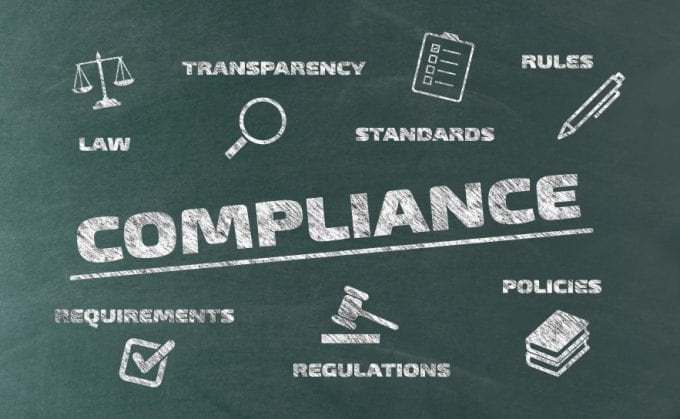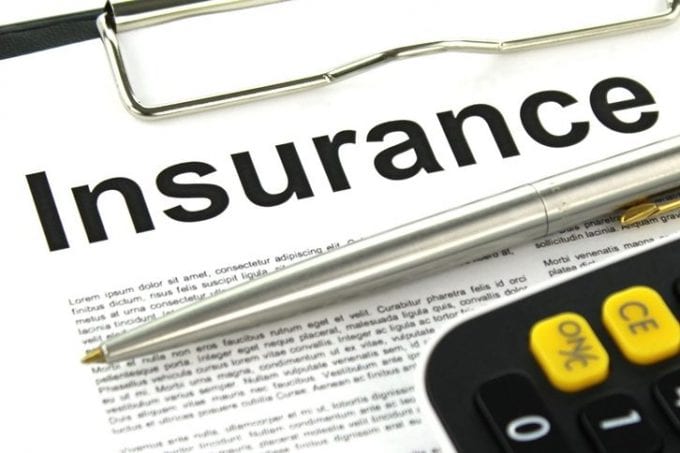Keeping a business running involves several different costs. Some of them are really obvious but not all. You need to always figure out exactly how profits can be increased but this is oftentimes impossible when running costs are not controlled. This is especially true for small businesses because of the fewer resources available.
The typical expenses for a small business are supplies, inventory, and ongoing costs that are connected with services or products offered. However, less typical running costs are usually very hard to see. You need to consider absolutely all business expenses in order to be successful. This includes the less-obvious options.
Here are some examples of unexpected small business running costs that every single entrepreneur needs to know.
Insurance Costs
When the business is built, you have to be sure you protect it. This is where insurance steps in as it protects you from legal and financial troubles. At the very minimum, the small business needs to get good liability coverage. Such a policy is protecting it when there are losses appearing due to a lawsuit.
If the funds allow it, you can go beyond the minimum coverage. Various possible business insurance policies are available right now. You want to discuss this with an experienced insurance agent that can help you identify the insurance options that you really need. Also, based on industry or/and structure, there are certain policies that are mandatory.
Licenses And Permits
The business most likely needs some licenses and permits. A license is never actually enough. You have to look at state laws so that you are aware of all the specific requirements that apply. As an example, there might be a need to have an extra permit in place that allows the business to operates at a local level.
There are government agencies and industries that automatically expect the owners to have some extra permits. For instance, when a sign is put in front of the office building, a special sign permit is needed. Most licenses and permits require an initial cost and there are renewal fees that apply.
Compliance Costs

When you operate in an industry that is seen as a high-risk, it is very likely that you have to implement specific KYC checks and electronic identity verification as presented at this site. This is an obvious expense for the financial institutions but it is not something taken into account when referring to other small businesses.
As a simple rule of thumb, whenever you deal with money and you need to know the customers you have, there is a high possibility that some extra compliance costs will come into play.
Maintenance And Equipment
With the vast majority of businesses, you need to think about the equipment that you need. You have to be aware of the costs of all necessary tools and equipment. When it grows, this becomes even more important since you will surely need some extra equipment. Also, sometimes upgrades are mandatory in order to keep the business running as efficiently as possible. At the same time, when you have the equipment and you use it, maintenance costs apply. There is no equipment that does not age.
In order to pay less, there are businesses that buy used equipment. This is a good option when done right but it is still an extra cost that has to be taken into account.
Taxes

We all know that taxes exist but this does not mean most small business owners are ready to deal with them. When you are your own boss you have to handle taxes. There is no way around it. This is even true for self-employment.
Federal income tax is a large part of the small business expenses you have to get ready for. At the same time, you need to deal with local income taxes and state taxes. Based on work, extra tax liabilities can apply. Always make sure that you are up-to-date with all tax deadlines and rates so that you are not caught off guard.
Payment Delays
One of the most common reasons why new businesses end up bankrupt is that they run out of liquid funds. This is often caused by payment delays. It is hard to take these into account because they are not a common direct expense. Cash flow is always dependent on how timely customers are. If the customers do not pay on time, the business actually loses money.
Try to avoid late payments at all costs. Do this by making sure invoice payment conditions and terms are very well-drafted. Then, when a late-paying customer appears, you need to follow up. Never assume that collection efforts lead to having payments taken care of. Small businesses need cash cushions in order to be able to properly deal with payment delays.
Employee-Related Costs

When consumers want more from the business, the business needs more from the employees. When growth happens, it is a certainty that some extra employees will be needed in order to properly take care of all the daily operations. However, building a really competent workforce is often underestimated and can be very costly.
Many hidden costs exist when you run a business but if you factor in payroll, these costs are much higher. Employee expenses include training costs, potential benefits, taxes, and wages. At the same time, when you do not know how to properly hire new employees, time and extra money are wasted as you look for new employees.
Credit Card Fees
Cash-only businesses are really rare these days. In modern times, most businesses accept credit card payments as they are convenient for everyone involved. The problem is that this payment option also brings in some extra hidden costs.
In most cases, you need to open a merchant account so that you can accept credit card payments. Also, you have to buy or lease processing equipment. Every single time the credit card transaction happens, the processing company might charge a fee. It is small but if several payments are made, costs quickly add up.










